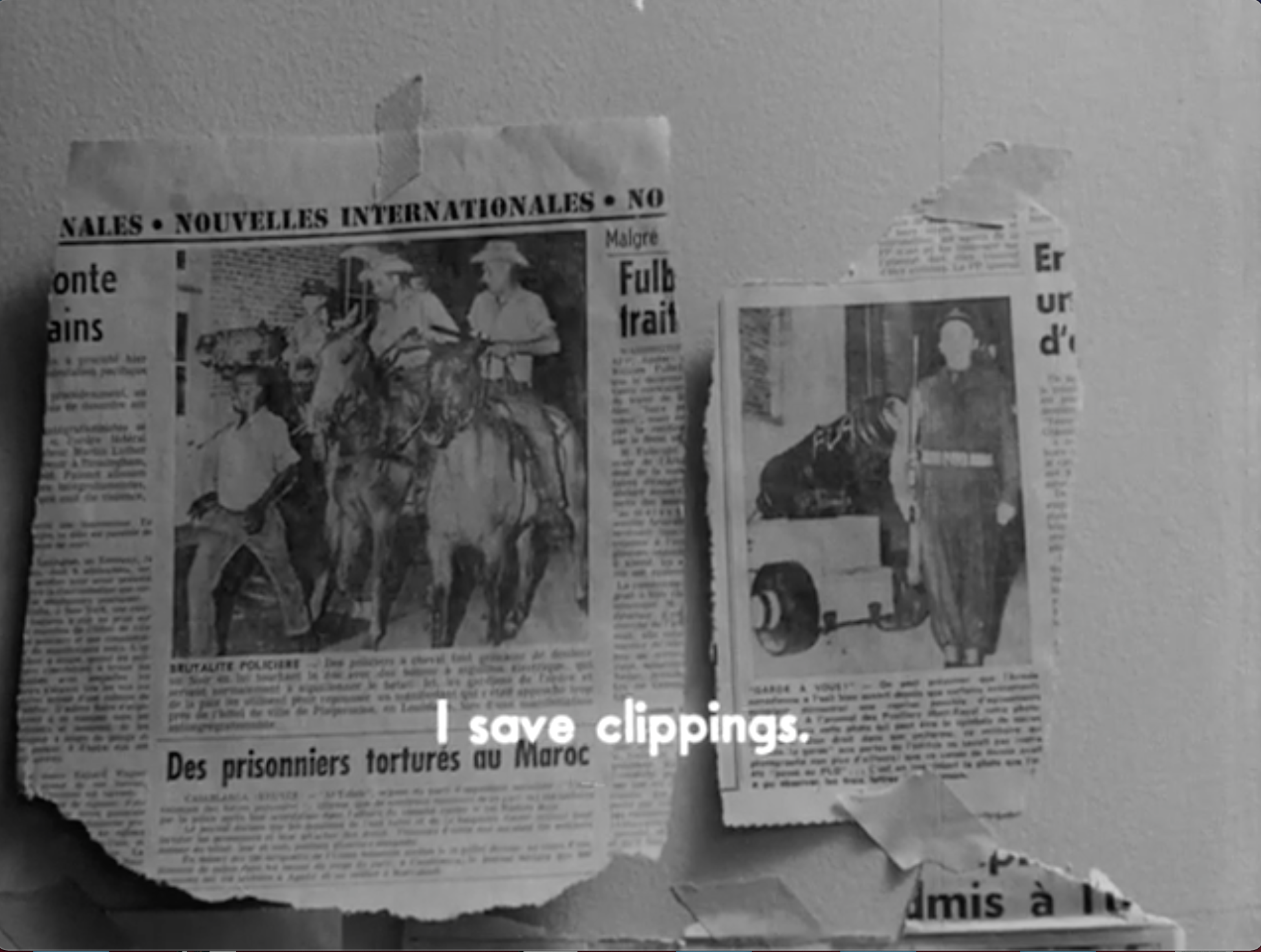fig. a: Aéroport Montréal-Dorval, 1968
Earlier tonight we were told the government of Quebec predicts a “steep exponential rise” in the number of COVID-19 cases as the Omicron variant sweeps the province. In fact, the provincial case count is expected to surpass 9,000 tomorrow, up from about 1,000 just a couple of weeks ago. As a result, tighter restrictions will come into effect not tomorrow, not on Christmas Eve, and not on Christmas Day, but on Boxing Day.
So, sure—live it up! Go ahead and have a joyeux Noël, but, please, play it safe, people. COVID-19 cases have literally been swirling all around us these last few days.
And if it makes you feel better, and helps to keep you from going stir-crazy, let your mind wander to a time when airports were sites of adventure and intrigue (and nurseries!), when pay phones were commonplace (and people used them to place phone calls!!), and when internationally renowned filmmakers allowed themselves to rub elbows with portly old bearded men in hideous red & white outfits.
Of course, if the thought of any of the above—Montréal-Dorval in 1968/pay phones/Godard/Santa/Christmas—just triggers you, forget about it. I get it. 2021 has been tough enough already.
aj
[Santa Claus; Jean-Luc Godard; Dorval International Airport]























